Tuesday, 3 November 2020 - 01:00
Cancer beyond COVID-19 series: #1 Reimagining cancer screening and diagnosis
COVID-19 disrupted cancer screening—what now? Dialogue #1 explores how to restore early detection, rebuild trust in health services, and seize new opportunities for prevention in a post-pandemic world.
Dialogue #1: Reimagining cancer screening and diagnosis in the COVID-19 era
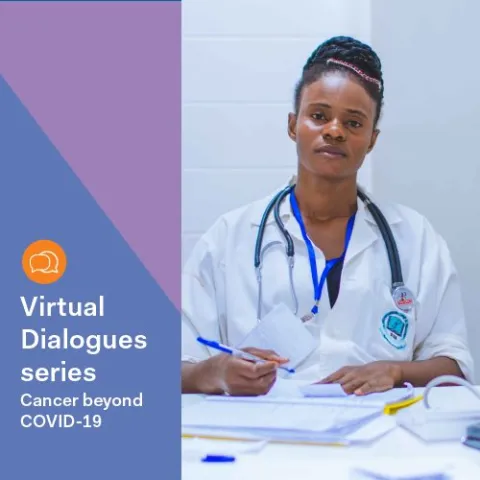
Detecting and diagnosing cancer early offers patients the greatest potential for cure, with fewer side effects and often at lower costs. However, the suspension of screening services and deferral of diagnostic work during the pandemic is set to unleash a “ticking timebomb” of cancers that have gone undetected, with all the implications for worsening patient outcomes and stretching of health resources.
To reduce the impact, health systems must cope with the challenge of resuming routine cancer services in COVID-free environments and persuading people to return to hospitals, health centres or screening camps. At the same time, they must prepare for the task of absorbing the rebound number of presentations, while maintaining social distancing and other safety protocols.
On the other hand, the pandemic has forced more people to focus on their personal health, fostering greater awareness and agency in the way they deal with risk factors and symptoms of a disease, changes which may offer opportunities for cancer prevention and early detection.
In this first dialogue in the Cancer beyond COVID-19 series, participants discussed how to minimise the impact of disrupted screening and diagnostic services, and how to work towards the goal of early detection during and beyond the pandemic.
Recording
Slides
Speakers
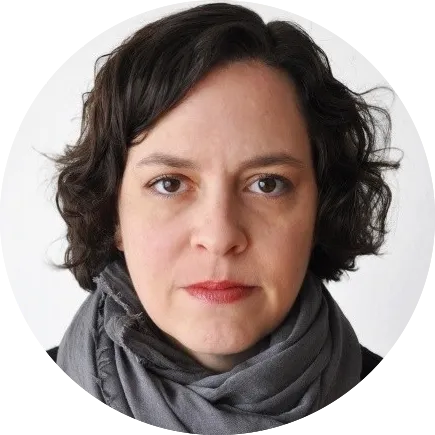
Amy Israel, Vice President and Global Head, Oncology Policy & Healthcare Systems, Novartis
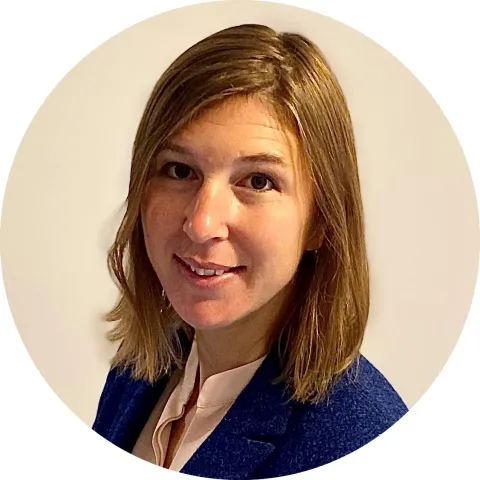
Jodie Moffat, Head of Early Diagnosis, Cancer Research UK

Erika Nicholson, Director of Screening, Canadian Partnership Against Cancer

CS Pramesh, Director, Tata Memorial Hospital and UICC Board Member
Moderated by

Sonali Johnson, Head, Knowledge Advocacy and Policy, Union for International Cancer Control (UICC)
The Cancer beyond COVID-19 series is sponsored by
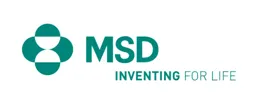
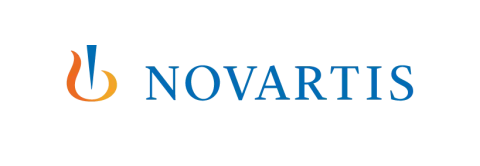

With support from

Event Information
31-33 Avenue Giuseppe-Motta
1202 Geneva
Switzerland
Last update
Tuesday 26 August 2025